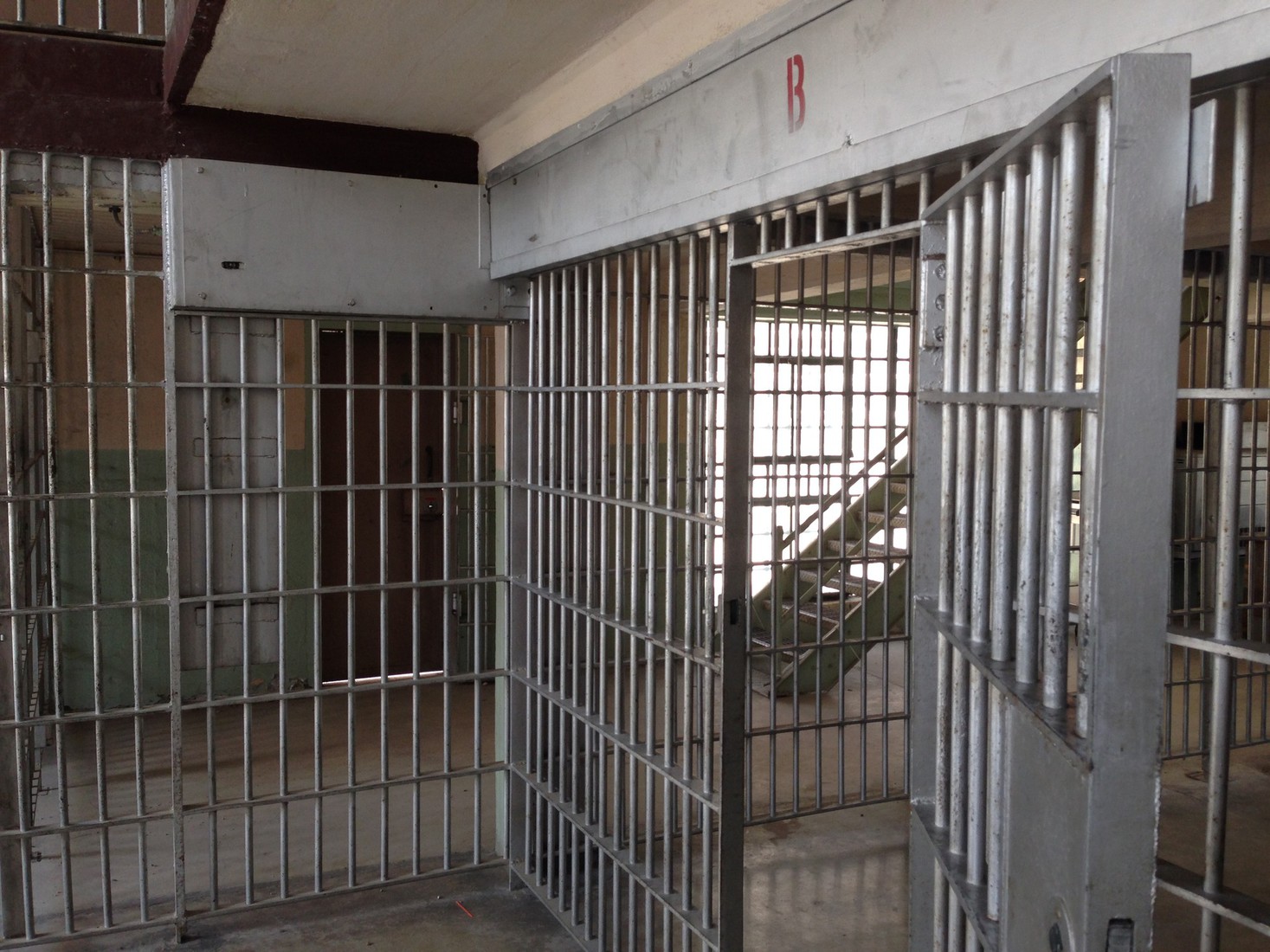
Immigration detention in the United States has become an industry, one that is extraordinarily profitable to those who run it. Emily Cohane-Mann / AFSC
On December 1, a subcommittee of the Homeland Security Advisory Council (HSAC) sent confusing messages to the world.
First they issued a report reviewing Immigration and Customs Enforcement’s (ICE) use of private prisons. The report concluded that even though the management and oversight of private detention facilities is worse than public facilities, ICE would continue to use private prisons.
Then, in a surprising twist, at a public release of the findings the full advisory council heard the very real concerns about continuing the use of private prisons, and they voted to accept most of the recommendations in the report, except for the recommendation to continue using private detention. Instead, they chose to approve a dissenting opinion that appears in a footnote in the report, which recognized the problems with these facilities and recommended a measured and deliberate shift from the use of private prisons.
This is good news, to a point. There is clear evidence that conditions in private prisons are atrocious. Medical care, mental health treatment, food, access to visitors and lawyers have all been shown to be well below even the basic standards of care. A recommendation to slow down or end the use of these prisons is something we should and do applaud.
But this is only part of the story. Immigration detention has become an industry, one that is extraordinarily profitable to those who run it. This includes private prison companies, but also county jails, as well as the myriad of companies that contract to provide services to publicly owned facilities.
The report doesn’t touch on the problems with the privatization of services within detention facilities, which have poor oversight and are able to extort detainees with exorbitant prices for basic services. Phone services, medical and mental health services, food service, and others, are all contracted out to private companies that are making significant profits. This industry is thriving off of the suffering of immigrants who are locked up, often indefinitely, and the collateral suffering of their families and loved ones.
In addition, the report fails to address any of the reasons why ICE detention has exploded over the last several years, supposedly necessitating the use of private facilities. One of those reasons is the immigrant detention quota, a part of the federal spending bill that requires ICE to maintain 34,000 detention beds on a nightly basis.

Another reason for the increase is mandatory detention. In 1996, new immigration laws were put into place that dramatically expanded the reasons for which immigrants can be detained. The law included, shockingly, provisions for mandatory detention of asylum seekers and for people who had been convicted (and already served their criminal sentences) for a long list of crimes.
Finally, detention rates have increased because of the enforcement decisions made by the Obama Administration. Over the last two years, DHS has returned to its policy of locking up families after having abandoned the practice in 2009 due to the incredible damage it inflicts on children. In just the last two months, DHS reversed its policy on its treatment of Haitians and has detained thousands. In addition, asylum seekers who previously would have been released after they demonstrated a credible fear of returning to their home country are now routinely detained until they can bring their case before an immigration judge—a process that keeps them in detention for months, and in some cases longer.
These detentions benefit profit-makers. What detention doesn't do is keep our communities safe or function as a deterrent to future migrants, though both are frequently offered as justifications. Studies have shown that people who are released from detention to families and community-based organizations regularly show up at their immigration hearings. Detention of people who have already served their criminal sentences and who are now facing deportation because of those convictions works as a double, more severe form of punishment, as immigration detention can be ongoing until a person’s case is resolved. The issue of how long a person can be detained without going before a judge is currently before the U.S. Supreme Court.
And the HSAC recommendation is not binding. The Department of Homeland Security is not obligated to accept the report’s recommendation, and DHS is part of the executive branch and therefore will soon be under the auspices of the Trump administration. We are deeply concerned that the incoming administration will not accept the panel’s recommendation and will instead expand detention and the use of private prisons in order to implement its stated plan to increase deportations.
In 2008, AFSC called for "the end of the misguided and profoundly unjust policy of detention in our immigration system." We renew that call now and offer our hope that DHS will heed its own advisory committee's report and move away from both private detention and the use of county jails. These, along with changes in enforcement, are crucial steps toward eliminating immigration detention and instituting a humane immigration system.